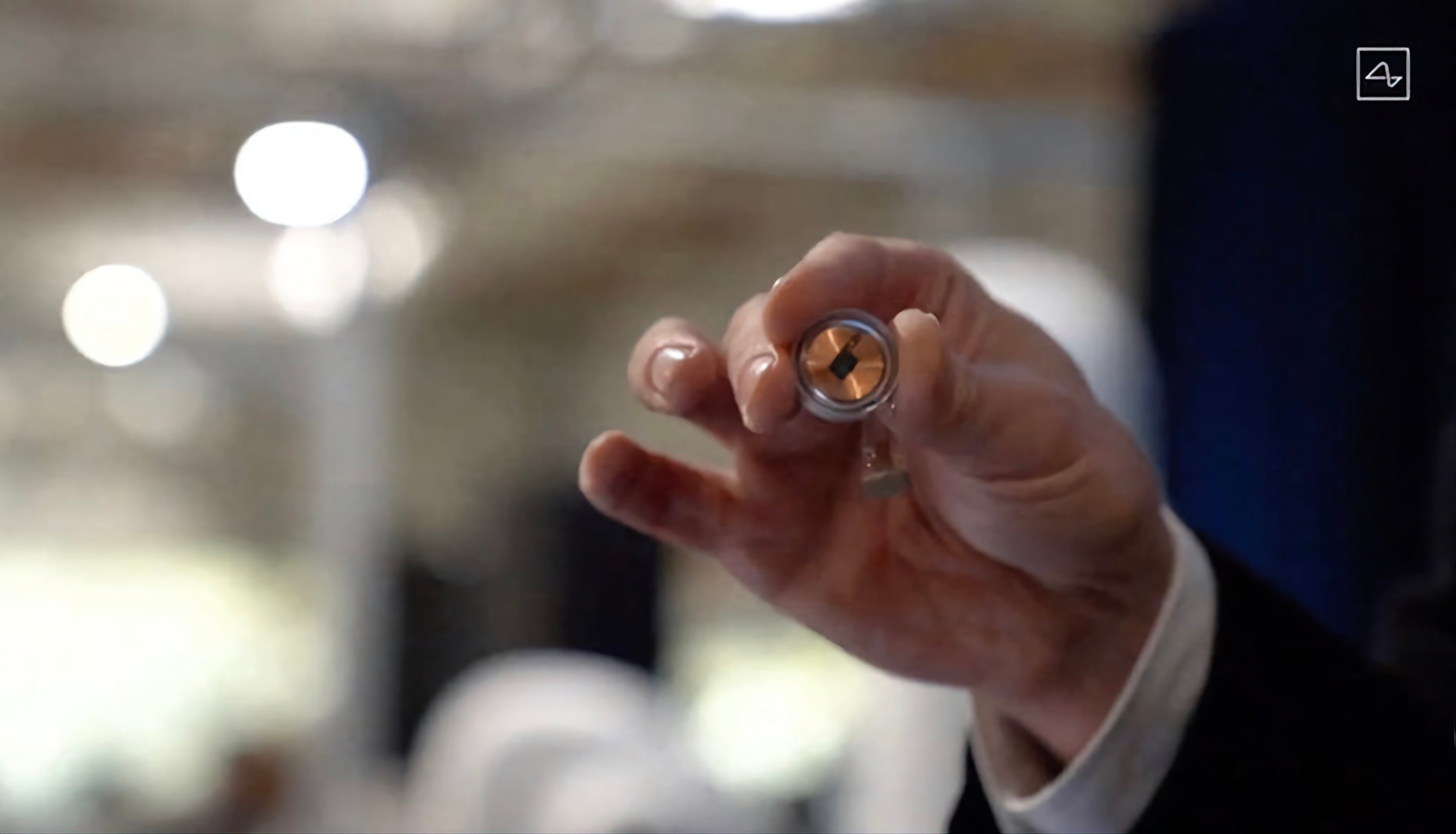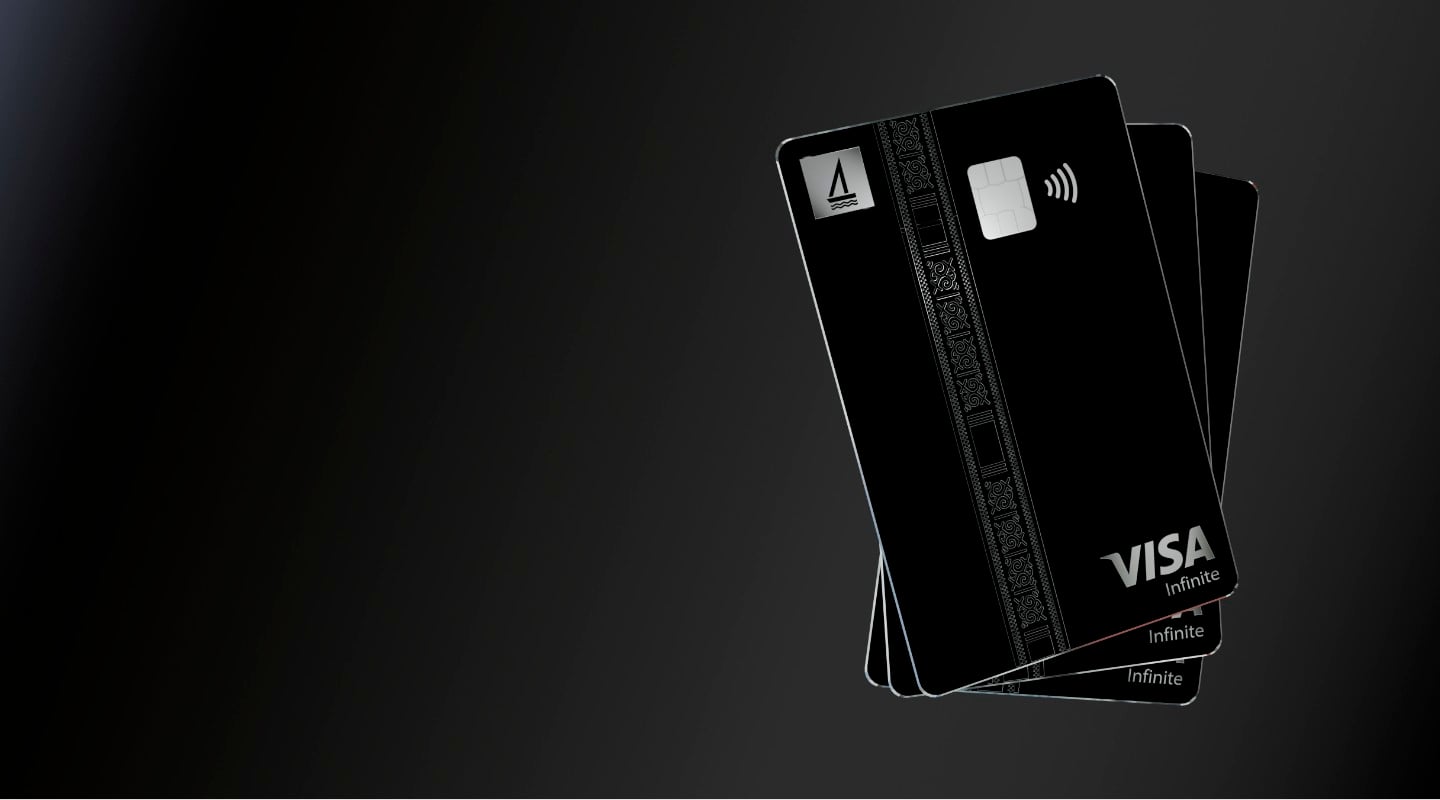Neuralink, Elon Musk's brain implant business, announced on Thursday that it has been given the go-ahead by the US Food and Drug Administration (FDA) to begin its first-in-human clinical research.
According to the business, Neuralink is creating a brain implant that it thinks will enable paraplegic people to regain their ability to walk and treat other neurological conditions.
To date, pigs and monkeys have had coins-sized Neuralink prototypes inserted into their skulls.
An early demonstration showed that with the help of a surgical robot, a piece of the skull is replaced with a Neuralink disk, and its wispy wires are strategically inserted into the brain. The disk registers nerve activity, relaying the information via a common Bluetooth wireless signal to a device such as a smartphone, according to Musk.
In a preliminary demonstration, it was shown that a Neuralink disk could be implanted into a portion of the skull with the assistance of a surgical robot, and that the disk's flimsy wires could be positioned in the brain at specific locations. According to Musk, the disk tracks brain activity and transmits the data to a device like a smartphone using a standard Bluetooth wireless connection.
Announcing the greenlight from FDA, the Neuralink said that it represents an important first step that will one day allow its technology to help many people. However, recruitment for a clinical trial with humans is not yet open, according to Neuralink.
According to the business, Neuralink is creating a brain implant that it thinks will enable paraplegic people to regain their ability to walk and treat other neurological conditions.
To date, pigs and monkeys have had coins-sized Neuralink prototypes inserted into their skulls.
An early demonstration showed that with the help of a surgical robot, a piece of the skull is replaced with a Neuralink disk, and its wispy wires are strategically inserted into the brain. The disk registers nerve activity, relaying the information via a common Bluetooth wireless signal to a device such as a smartphone, according to Musk.
In a preliminary demonstration, it was shown that a Neuralink disk could be implanted into a portion of the skull with the assistance of a surgical robot, and that the disk's flimsy wires could be positioned in the brain at specific locations. According to Musk, the disk tracks brain activity and transmits the data to a device like a smartphone using a standard Bluetooth wireless connection.
Announcing the greenlight from FDA, the Neuralink said that it represents an important first step that will one day allow its technology to help many people. However, recruitment for a clinical trial with humans is not yet open, according to Neuralink.


















